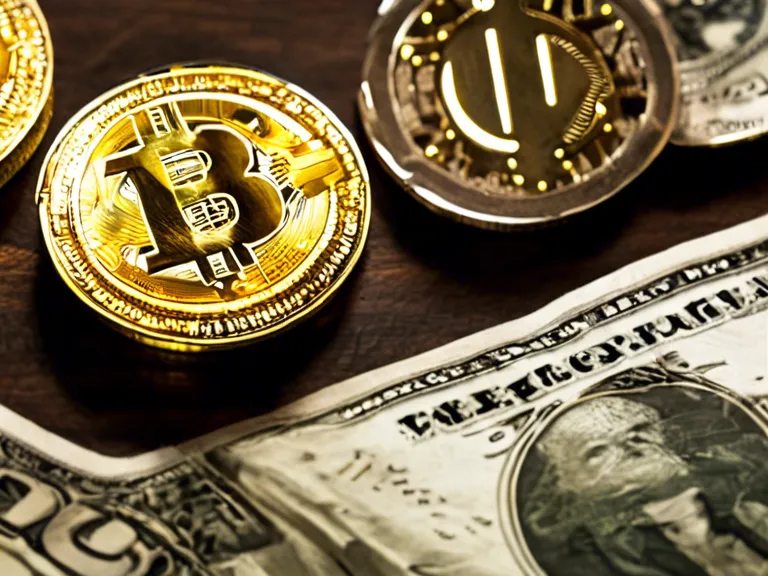
With the increasing popularity of cryptocurrency, the rise of crypto scams and hacks has become a significant concern for investors and users. As the digital currency market continues to grow, it has become a breeding ground for fraudulent activities. In this article, we will explore how to stay safe in the wild west of digital currency.
One of the most common schemes in the crypto world is phishing scams. Hackers use fake websites or emails to trick users into disclosing their private keys or passwords. These scams can lead to a complete loss of funds. To avoid falling victim to phishing scams, always double-check the URLs of websites and never click on suspicious links.
Another prevalent threat in the crypto space is Ponzi schemes and fake ICOs. Scammers lure in investors with promises of high returns, only to disappear with their money. It is essential to thoroughly research any investment opportunity before putting your money into it. Look for reviews, check the credentials of the team behind the project, and make sure the project has a legitimate business model.
Malware and ransomware attacks are also common in the crypto world. Hackers use malicious software to steal users' private keys or encrypt their data, demanding a ransom in return for access. To protect yourself from these attacks, always use antivirus software, keep your systems updated, and never download suspicious files.
For those actively trading cryptocurrencies, using secure exchanges is crucial. Ensure that the exchange you are using has proper security measures in place, such as two-factor authentication and cold storage for funds. Additionally, be wary of unregulated or newly created exchanges that may be more vulnerable to hacks.
In conclusion, the world of cryptocurrency can be a risky place, but by staying informed and vigilant, you can protect yourself from scams and hacks. Stay educated, use common sense, and always prioritize security when dealing with digital currency.



